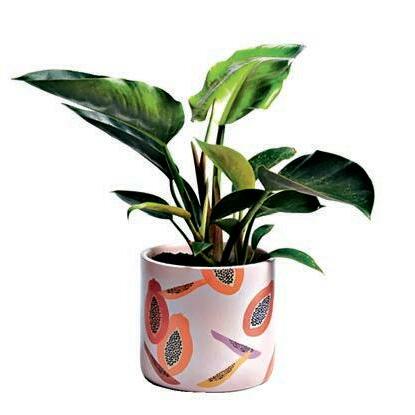
2 minute read
Wellbeing myths
WINTER WELLBEING MYTHS True or false?
KNOWING HOW TO TAKE CARE OF YOURSELF DURING THE COLDER MONTHS CAN BE THE SECRET TO STAYING WELL. OUR EXPERTS SEPARATE FACT FROM FICTION
WORDS CHARMAINE YABSLEY
✔COLDS ARE MORE COMMON IN WINTER True
“People are indoors more often, which allows viruses, such as the common cold, to pass more easily from one person to another,” says Kevin Cheng, founder of the preventative GP service Osana. The average Australian gets two to three colds a year, half of which occur during winter (children, parents of small children, and those working in hospitals may experience six to 12 colds a year). To protect yourself, increase your vitamin D intake. “In summer, sunlight provides more vitamin D, which is important for defending against respiratory infections,” Dr Cheng says. “A deficiency is associated with a four-times risk of getting the cold or flu.”
✘COULD I HAVE SEASONAL AFFECTIVE DISORDER (SAD)? False ✘ I’LL GAIN WEIGHT DURING WINTER False
“SAD is rare in Australia,” Dr Cheng says. “It’s a depression-like illness that is thought to be related to our circadian clock and its reaction to different seasons. The lack of sunlight in some northern hemisphere countries during winter months reduces serotonin and melatonin,” he says. Beyond Blue also reports that SAD is “very rare” in Australia. However, the organisation recommends seeing your GP if you feel symptoms of depression, such as lack of motivation, energy, changes in sleeping or eating patterns. “In addition to treatment for clinical depression (if the symptoms are severe enough), a light box and vitamin D supplements may help,” Dr Cheng says. It’s true that summer bodies are made in winter — in the kitchen! “Those who enjoy soulwarming soup eat 28 per cent more fibre, fluid and vegetables than those who don’t,” New Zealand registered nutritionist Nikki Hart says. Soup, especially plant-focused recipes, is a great antioxidant-rich, low-energy food, Nikki says. “Meals loaded with antioxidant-rich ingredients have proven benefits including increased metabolism, weight management and reduced risk of heart disease.”
✔GOING OUT IN THE COLD CAUSES COLDS True
“Viruses are more active and airways are more susceptible at lower temperatures,” Dr Cheng says. “Researchers have discovered that airway cells produce less interferon during winter, which is a molecule that triggers our immune system. We also have less mucous, which is necessary to clear infections. Therefore, colds may be more likely also as a result of poorer defence mechanisms when you are cold.”
✘I DON’T NEED SPF IN WINTER False
“Sun protection is predominately about protection from ultraviolet rays (UV), not heat and temperature,” registered nurse Madeline Calfas says. “If the UV rating is higher than three — and it often is, even in the Australian winter, then an SPF50 is a must,” Madeline advises.










